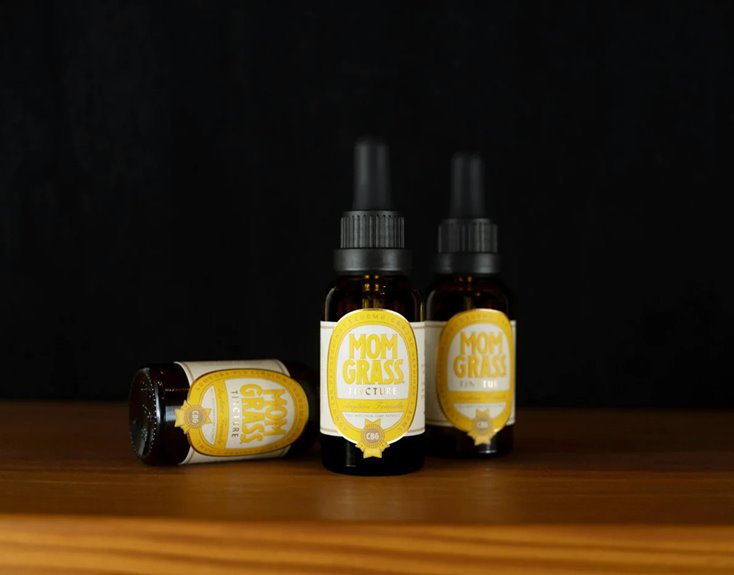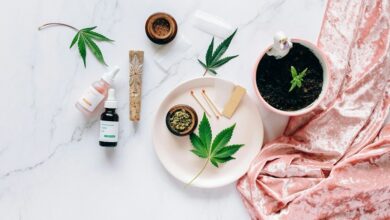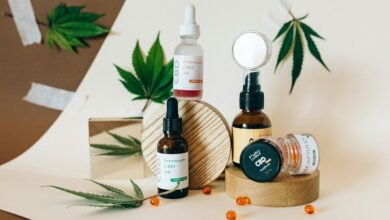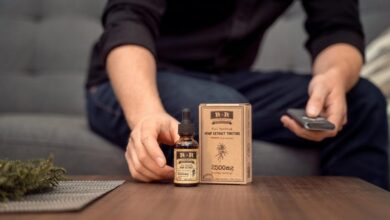
Does Cbd Oil Go Bad if Not Refrigerated
The question of whether CBD oil goes bad if not refrigerated is a common concern among users. While refrigeration can enhance its longevity, it is not strictly necessary. Various factors, including light exposure, air contact, and temperature changes, significantly influence the oil's shelf life. Understanding these dynamics is essential for maintaining quality. But what specific storage practices can ensure that your CBD oil remains effective over time?
Understanding the Shelf Life of CBD Oil
The shelf life of CBD oil is a crucial aspect that consumers often overlook.
Factors such as CBD oil composition and the method of CBD oil extraction significantly influence its longevity.
Typically, high-quality oils exhibit a shelf life of one to two years when stored properly.
Understanding these elements helps users maximize the benefits of CBD, ensuring they enjoy its effects fully and safely.
Factors That Affect CBD Oil Spoilage
Several factors can significantly influence the spoilage of CBD oil, impacting its effectiveness and safety for consumers.
Exposure impacts, such as light and air, can accelerate quality degradation, leading to a loss of potency.
Additionally, temperature fluctuations and improper storage conditions further exacerbate these issues, making it essential for users to understand how to maintain their CBD oil for optimal longevity.
Signs That Your CBD Oil Has Gone Bad
Recognizing the signs that CBD oil has gone bad is vital for maintaining its effectiveness and safety. Observable changes such as an off smell, altered color, or a cloudy appearance can indicate oxidation effects.
Additionally, a noticeable potency loss, where the oil fails to deliver expected benefits, should raise concerns. Regularly inspecting CBD oil helps ensure its quality and efficacy.
Best Practices for Storing CBD Oil
Proper storage of CBD oil is essential for preserving its potency and extending its shelf life.
Utilizing dark glass storage containers protects the oil from light degradation. Maintaining temperature control, ideally in a cool, dark place, prevents oxidation and ensures quality.
Avoiding exposure to humidity and frequent temperature fluctuations further safeguards the oil, allowing users to enjoy its benefits for longer periods.
Conclusion
In summary, savvy storage strategies significantly safeguard the quality and longevity of CBD oil. By shielding it from sunlight, sealing it from air exposure, and stowing it in suitable settings, users can preserve its potency and performance. While refrigeration is not a requirement, maintaining mindful methods promotes maximum freshness. Ultimately, understanding the shelf life and signs of spoilage empowers consumers to enjoy the benefits of CBD oil without concern, ensuring a satisfying and safe experience.






